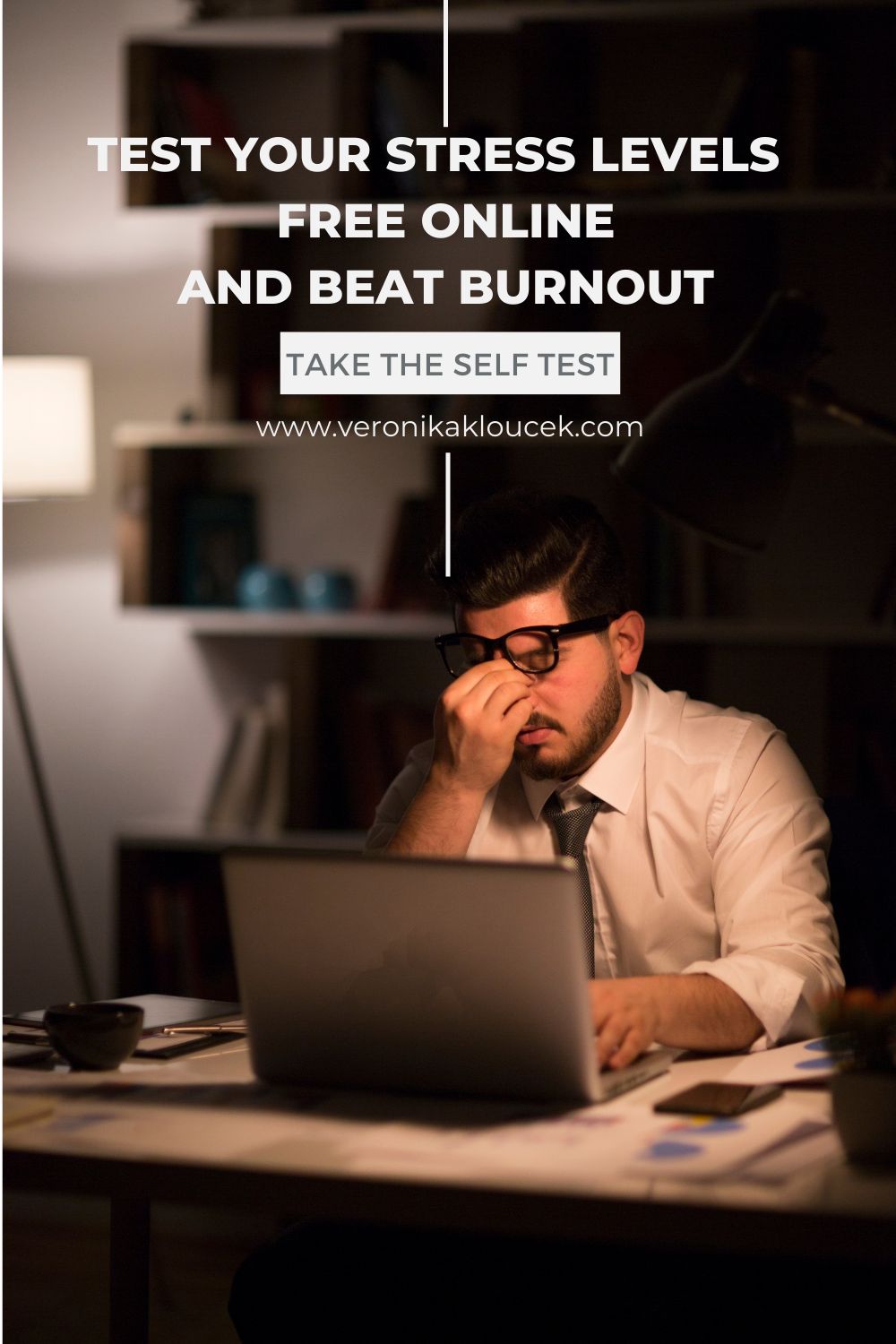
Preventing Burnout: 13 Essential Strategies
by Veronika | Jul 12, 2023
Burnout has become an all-too-common experience for many. Juggling work, personal life, and various responsibilities can take a toll on our physical and mental well-being. By implementing effective strategies, we can proactively prevent burnout and cultivate a more balanced and fulfilling life.
How do I know if I have burnout?
Burnout symptoms manifest in different ways for individuals. Most common symptoms in the early stages include increased irritability or physical exhaustion. In later stages of burnout many people report a mix of emotional, physical and behavioural signs, such as for example:
– Reduced performance (maybe making more mistakes, or being less efficient)
– Increased absenteeism
– Tendency to isolate self
You can read about the 7 Warning Signs of Burnout here »
How to Prevent Burnout?
On a personal level, avoiding burnout requires you to be aware of what factors increase your stress and then take action to reduce that stress or improve your stress management. At an organisational level, taking responsibility to reduce vulnerability to burnout for employees should be a top priority in wellbeing programs.
Here are my 13 tips for preventing burnout:
1. Identify Your Stressors
Usually work stress accumulates over time. Identify areas in your work life that cause you the most stress and understand the factors that drive stress in this area to help you manage and perhaps implement changes.
2. Maintain Realistic Expectations
Understand your limitations and recognise that doing most things 80% perfectly is enough. Focus on progress rather than perfection and celebrate your achievements along the way. Be kind and forgiving to yourself when faced with setbacks.
3. Learn About Stress
Familiarising yourself the stress cycle in your body-mind system will help you identify your physical signs of stress thereby enabling you to facilitate proactively stress relief. Remember, stress was evolutionarily designed to keep us safe (fight/flight/freeze response). Read up here »
4. Real or Imagined Threats
Your embodied stress response system does not distinguish between physical, emotional, and psychological threats. All concerns are treated the same, such as when you worry about the consequences of a mistake you made.
5. The Power of your Breath
By changing your breath – slowing down for a few breaths – you manipulate your nervous system, initiating the relaxation response that counteracts your stress response. By changing your bodily state and attending with compassion to your racing mind, you can with time become able to change your stressed mind state as well. Read up on a breathing exercise here »
6. Address your Stress before Dealing with the Stressor
Under stress we rarely make wise decisions. Before addressing the stressor, for example a boss or co-worker who sent you over the edge, you first need to calm yourself down otherwise you might end up over-reacting to your detriment.
7. Manage Time Wisely
Prioritise tasks based on their importance and urgency. Break larger projects into smaller, manageable steps, delegate more where possible, and don’t be afraid to say no when resources are too scarce. Remember to schedule regular breaks to recharge your batteries.
8. Cultivate Healthy Habits
Maintain a nutritious diet, stay hydrated, and limit excessive caffeine or alcohol consumption. Engage in hobbies and activities that bring you joy and allow you to disconnect from work-related stressors.
9. Set Clear Boundaries
Learn to set clear boundaries between your personal and professional life. Avoid overworking and clearly communicate your limits and needs to others.
10. Practice Stress Management Techniques
Explore various stress management techniques to find what works best for you. Deep breathing exercises, journaling, practicing yoga, or engaging in creative outlets can help reduce stress levels and restore inner balance. Find activities that help you relax and unwind from daily pressures.
11. Disconnect from Technology
Constant connectivity can contribute to burnout. Set boundaries with technology by designating specific times to disconnect. Create tech-free zones or implement digital detox periods to give your mind a break from the constant flow of information.
12. Seek Support
Reach out to friends, family, trusted colleagues, or professionals when you notice you are struggling. Seeking support when in need is a sign of strength, not a weakness. Building a strong support system can provide valuable guidance, encouragement, and perspective during challenging times.
13. Prioritise Self-Care
Make time for activities that bring you joy and nourish your mind, body, and soul. Take regular breaks and engage in regular exercise (cardio, strengthening, and flexibility), practice relaxation techniques (mindfulness meditation) to give your nervous system a break, and ensure you get enough restful sleep. Self-care is not selfish; it is essential for your overall well-being.
If this article resonates with you and you would like to find out more for yourself or your organisation about how we can help you increase your stress resilience and help prevent burnout, schedule a confidential enquiry call today!
Veronika Kloucek, Senior Psychotherapist, Trainer, Coach

